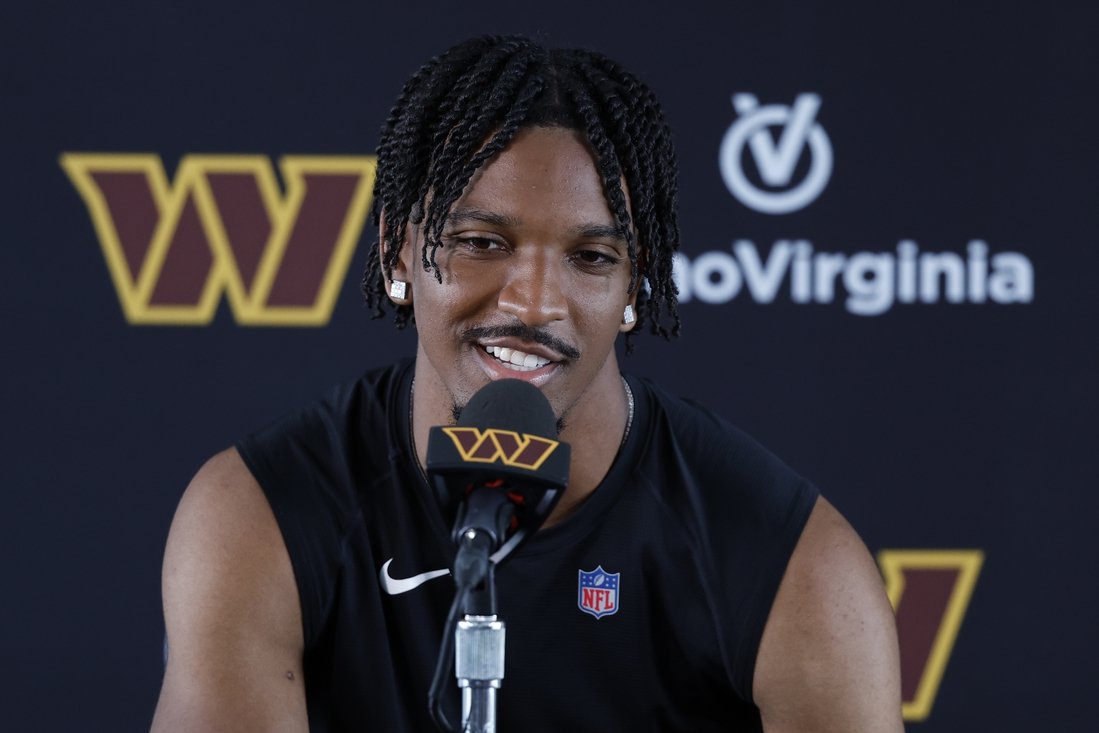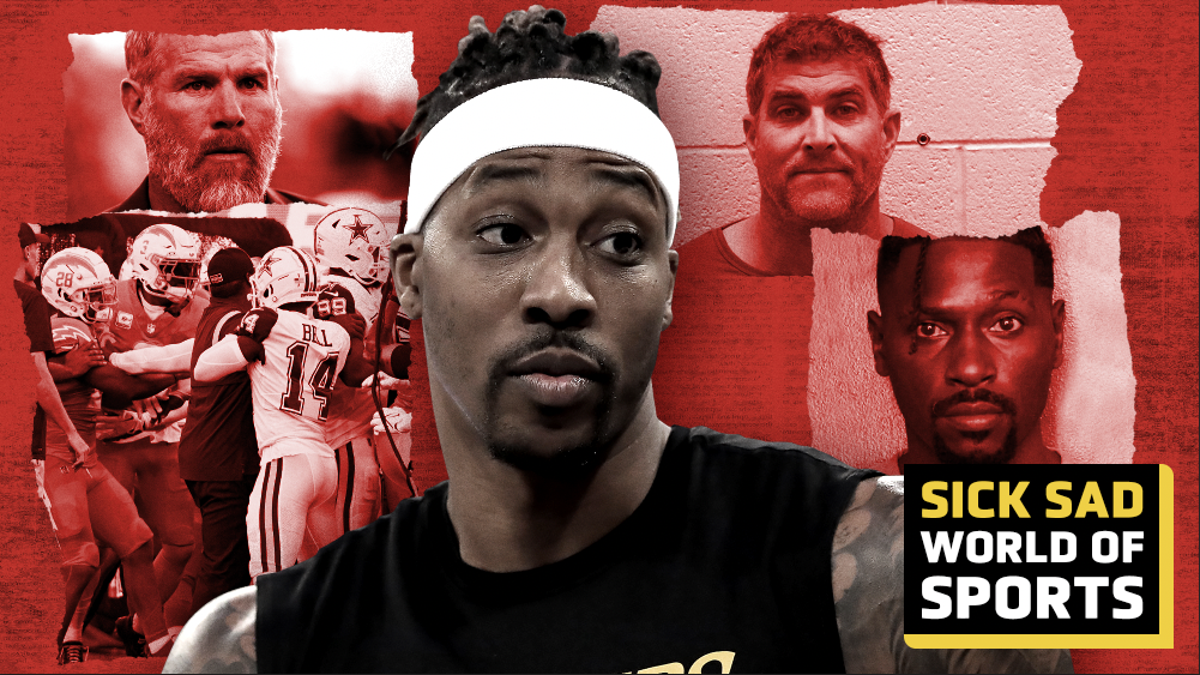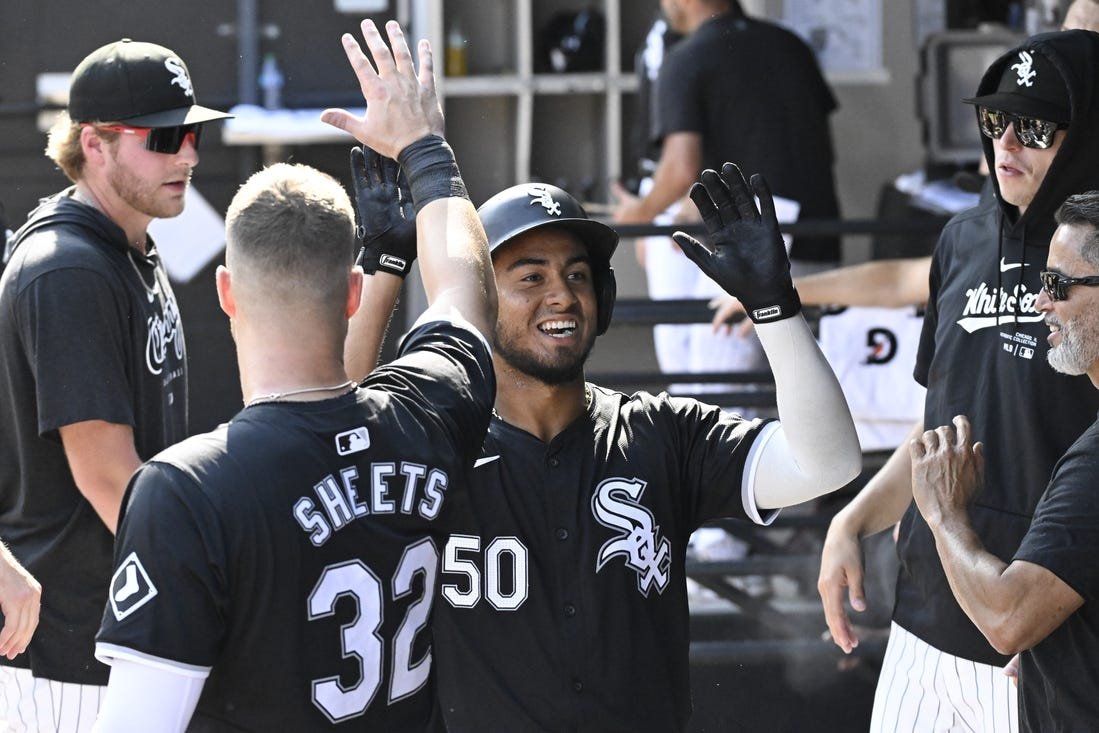The recent decision by Dartmouth’s men’s basketball team to join a labor union has reignited the debate over whether college athletes should be considered employees of their universities. With labor unions gaining popularity across the country and a recent ruling by the NLRB recognizing the Dartmouth basketball players as employees, the tide may be shifting in favor of student athletes.
The push for student athletes to unionize is not a new concept, with Northwestern’s football team attempting to do so in 2015. However, their efforts were rejected by the NLRB, citing concerns about competitive balance and the impact on NCAA rules. Despite this setback, the door was left open for other teams to make the argument that student athletes are university employees.
The recent ruling by NLRB regional director Laura Sacks declaring Dartmouth basketball players as employees has brought the issue back into the spotlight. Dartmouth has appealed the decision, arguing that athletic participation is part of the educational experience and that unionization is not appropriate. The case could potentially end up in federal court, leading to a lengthy legal battle.
However, the current landscape of college athletics, with the NCAA’s acceptance of NIL deals and a growing awareness of the financial disparities within the industry, may work in favor of student athletes. Supreme Court Justice Brett Kavanaugh’s opinion in NCAA v. Alston, referring to student athletes as “workers,” further supports the argument for unionization.
The public perception of college athletics is also evolving, with more people recognizing the financial gains universities and coaches make off the backs of student athletes. The disparity in compensation, with head football coaches earning millions while players receive scholarships, is becoming harder to justify.
As the case at Dartmouth unfolds and other universities face similar challenges, it is clear that the issue of student athlete unionization is not going away. The outcome of these cases could have far-reaching implications for the college athletics establishment, potentially leading to a significant shift in how student athletes are viewed and compensated.
In conclusion, the decision by Dartmouth’s men’s basketball team to join a labor union may be the catalyst for change in college athletics. With the support of labor unions and a growing awareness of the financial disparities within the industry, student athletes may finally have the opportunity to collectively bargain for fair treatment and compensation. The outcome of these cases could reshape the landscape of college athletics and pave the way for a more equitable future for student athletes.





